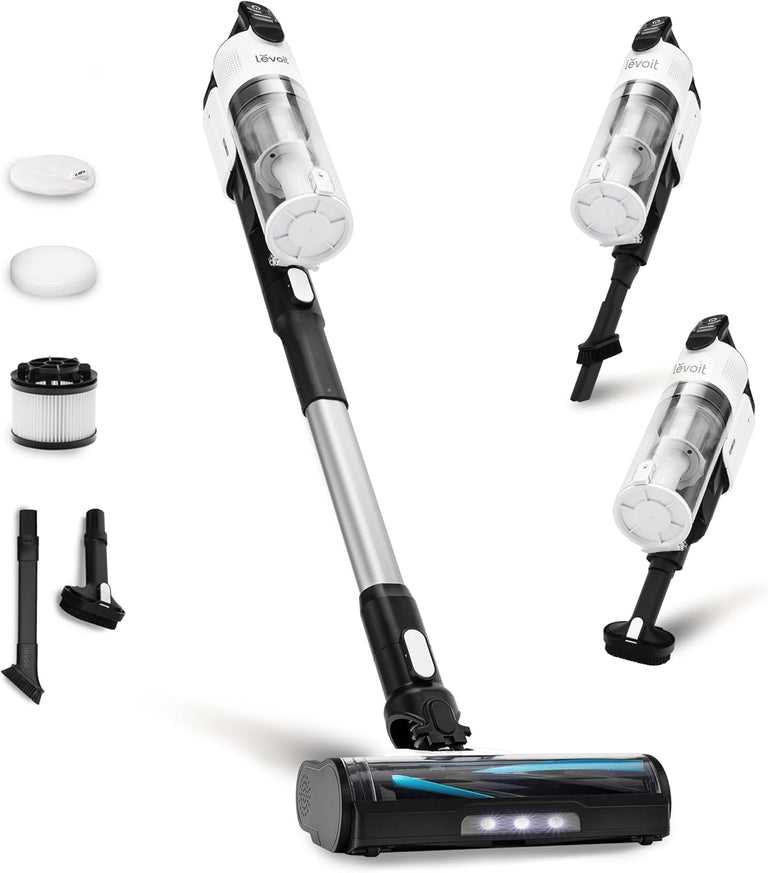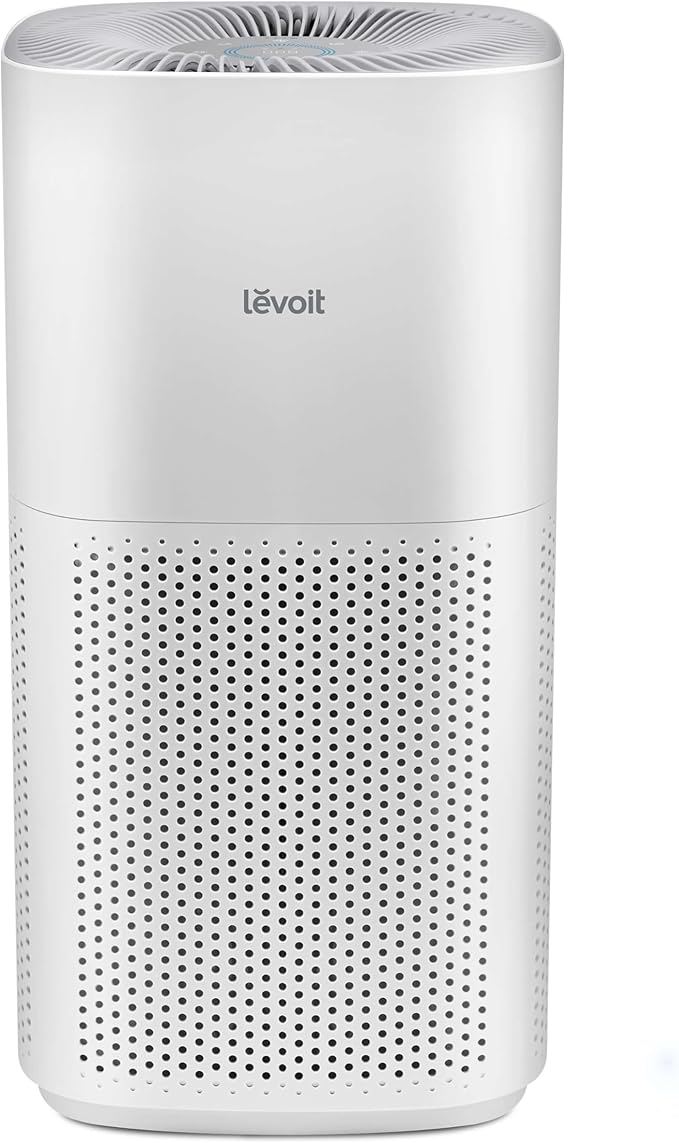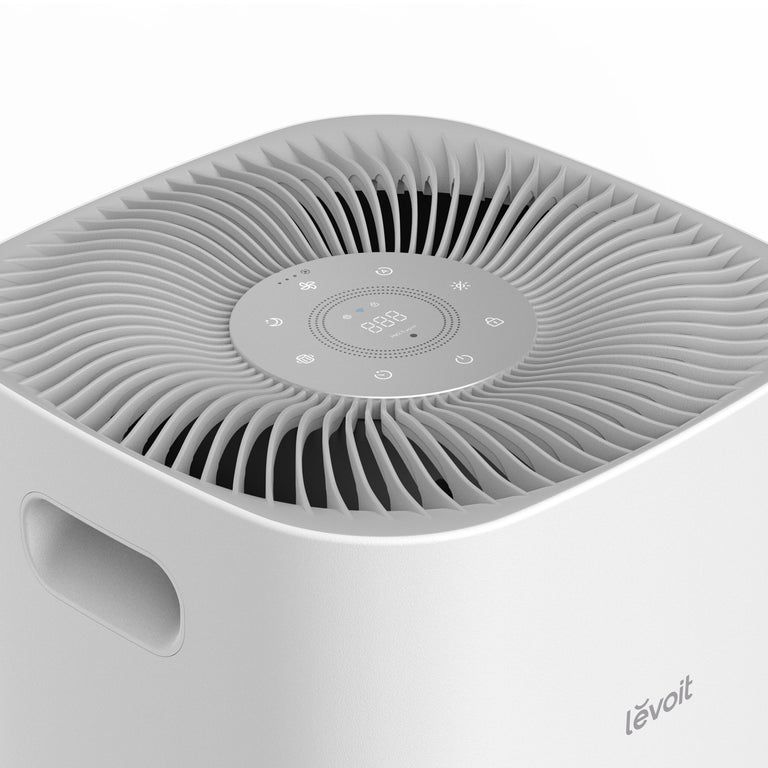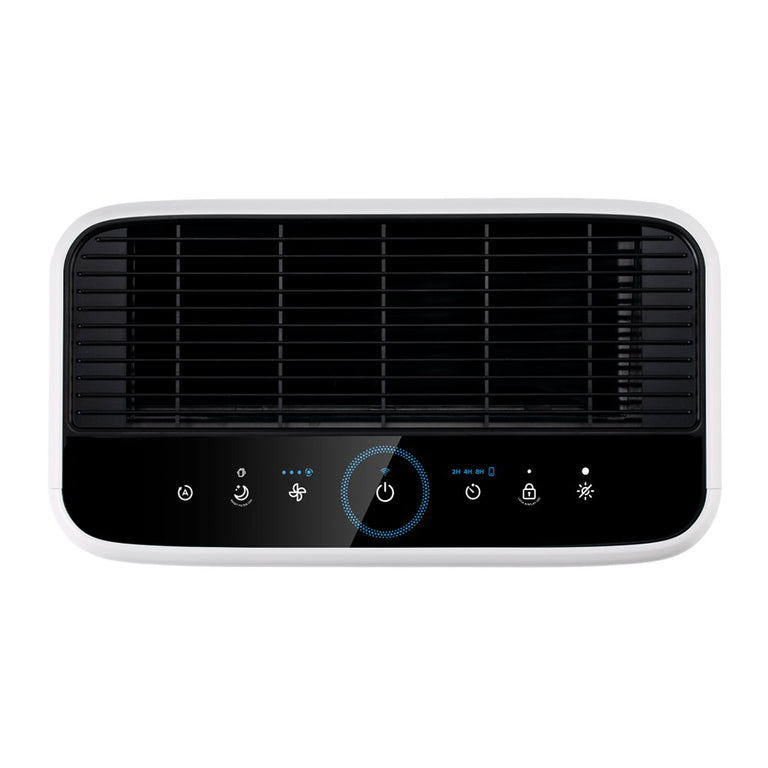
Solving the Mystery of Dry Skin
-
1 min read
What Causes Dry Skin?
Dry skin is quite common and affects how your skin looks and feels. It happens when there's not enough moisture in the top layer of your skin, leading to symptoms like tightness and roughness, redness, scaly patches, and itchiness.
Many things can cause dry skin, such as the weather, how often you shower, the soap you use, and certain health issues like eczema or psoriasis. Since everyone's skin is different, knowing what triggers your dry skin is key to finding the right way to take care of it.
Genetic and Age-Related Factors
Our genetic makeup plays an important role in our skin's ability to retain moisture. Additionally, our skin naturally produces less oil as we age, contributing to a drier appearance. This reduction in oil production is why even individuals who had oily skin in their youth may find their skin becoming drier over time.
Environmental Influences
Weather conditions, particularly cold weather, and low humidity levels can significantly dehydrate the skin. Living in climates with harsh winters or spending a lot of time in air-conditioned or heated environments can strip the skin of its natural moisture, worsening dryness.
Lifestyle and Health-Related Factors
Daily habits and underlying health conditions also influence skin hydration. The frequent use of harsh soaps or detergents can remove the skin's protective oil barrier, leading to tightness and dryness. Similarly, lack of sleep and high stress levels can alter the body's oil production, making the skin more prone to dryness. Certain medications, like diuretics, may increase water excretion, further drying the skin.
Hydration and Oil Production
At the core of dry skin are two fundamental issues: dehydration and insufficient natural oil production in the skin. Simple remedies such as increasing daily water intake and using moisturizers that offer SPF protection can help solve these problems. Choosing products with soothing ingredients like aloe vera, honey, or coconut oil can provide additional relief and hydration for sensitive skin.
Key Strategies for Alleviating Dry Skin
Find a Good Moisturizer: For those with dry skin, daily moisturizers and lotions are essential. These products help lock in moisture and protect your skin from irritants and pollutants. If you wear makeup, applying moisturizer can ensure a smoother application and appearance.
Talk with a Dermatologist: If you need help determining which products suit your skin type, a dermatologist can provide personalized advice and recommend products based on your skin's specific needs, whether you have sensitive skin or are dealing with conditions like eczema or psoriasis.
Use a Humidifier: Dry indoor air, especially during winter, is no friend to dry skin. A humidifier helps reintroduce moisture into the air, creating a more skin-friendly environment that may temporarily relieve the discomfort of dryness.
Daily and Nightly Moisturizing
Moisturizing should be an integral part of both your morning and evening routines. During the day, moisturizers act as a protective barrier against environmental stressors. At night, moisturizers can enhance your skin’s natural repair process.
Selecting the Right Moisturizer
Humectants: These ingredients, such as glycerin and hyaluronic acid, draw moisture from the air into the skin. They are ideal for deeply hydrating the skin, especially in environments where the air can retain moisture.
Emollients: Ingredients like shea butter and jojoba oil are excellent for smoothing and softening the skin. They fill in gaps in the skin's surface, helping lock in moisture and restore the skin barrier.
Application Timing: For the best results, apply moisturizers immediately after bathing or washing your face while the skin is still damp. This helps seal in moisture and ensures the skin doesn't dry out further as it absorbs the product's ingredients.
Using SPF: When selecting a daytime moisturizer, opting for one with SPF protection is crucial. This prevents dryness caused by sun exposure and protects against UV damage, which can exacerbate dry skin and lead to premature aging.
Humidifiers
The Benefits of Humidifiers
By adding moisture back into the air, humidifiers may help alleviate dryness or irritation of the skin, as well as hair, throat, nose, and lungs that may be caused by dry air. Moreover, humidifiers can help to temporarily relieve discomfort from symptoms associated with colds, flu, and allergies by soothing dry nasal and airway passages.
Effective Usage of Humidifiers
Maintaining the right balance is key—too much humidity can have adverse effects. Ensure windows are closed and curtains drawn to retain moisture indoors.
The selection of a humidifier should be based on the needs of your skin type and the symptoms you're experiencing. Look for models with a built-in hygrometer for precise humidity level monitoring to avoid over-humidification.
Incorporating Humidifiers into Your Routine
Night and Day Use: Consider using your humidifier in the main living spaces during the day and in your bedroom at night.
Remember Your Moisturizer: Enhance your skin’s care by applying moisturizers that contain natural, skin-soothing ingredients such as aloe vera or shea butter. These ingredients hydrate the skin and provide a layer of protection against environmental damage, including harmful UV rays.
Regular Maintenance: To ensure the best performance and prevent the growth of mold or bacteria, regularly clean and maintain your humidifier according to the manufacturer's instructions.
Important Note
The information provided here is for informational and educational purposes only. It should not be used in medical emergencies or for diagnosing or treating any medical condition. It's crucial to consult a licensed medical professional for diagnosis and treatment. External links are for informational purposes and do not constitute endorsements. No warranty, expressed or implied, is made regarding the accuracy, reliability, timeliness, or correctness of the information provided herein.
References:
American Academy Of Dermatology
Featured Products
-
- Smart
- 1-3 Gallons
-
NewRegular price $149.99Unit price perRegular price
- New
- Smart
- 1-3 Gallons
-
Sold Out
- Smart
- 1-3 Gallons











